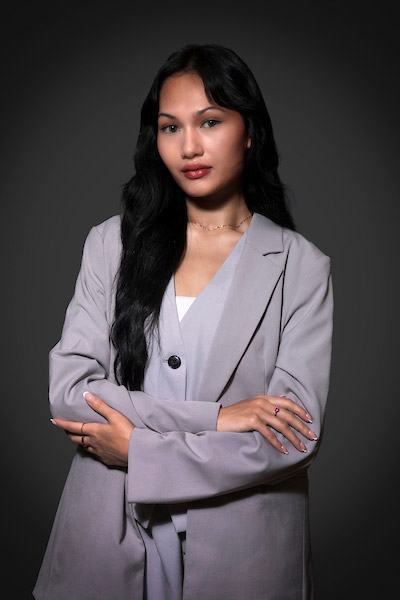MYANMAR PROTECTION VISA IN AUSTRALIA
At least 1,000 people in Myanmar have been killed by the country’s military after soldiers took power in a coup in February, according to AAPP, a human rights group. The coup began on the morning of 1 February 2021, when democratically elected members of the country’s ruling party, the National League for Democracy (NLD), were deposed by the Tatmadaw—Myanmar’s military.
Many people were killed in the streets and dozens of others were left to die in jail cells, according to the group.
Myanmar’s elected leader, Aung San Suu Kyi, remains detained. Junta leaders said they will retain control of the country until at least 2023.
Pro-democracy demonstrators have been persecuted and threatened by the military. The military has responded to those demonstrations by killing civilians, including children.


























